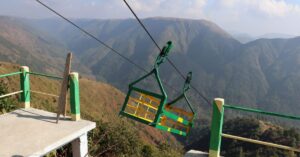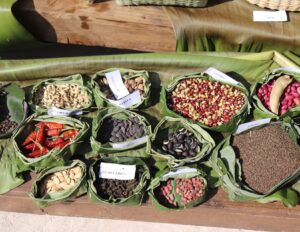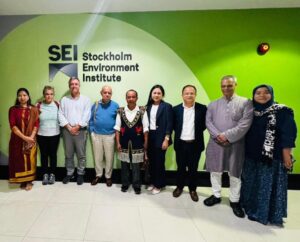The implementation of sustainable farming in schools has been one of the objectives of the North East Slow Food and Agrobiodiversity Society (NESFAS) for promoting local economic development. This concept of sustainable farming in schools birthed the establishment of the Organic Bamboo School, Darechikgre in August 2019 by NESFAS’ Associate (Garo Hills) Chenxiang Rimchi N Marak, with the view of improving their livelihood and to conserve the endangered bamboo species.
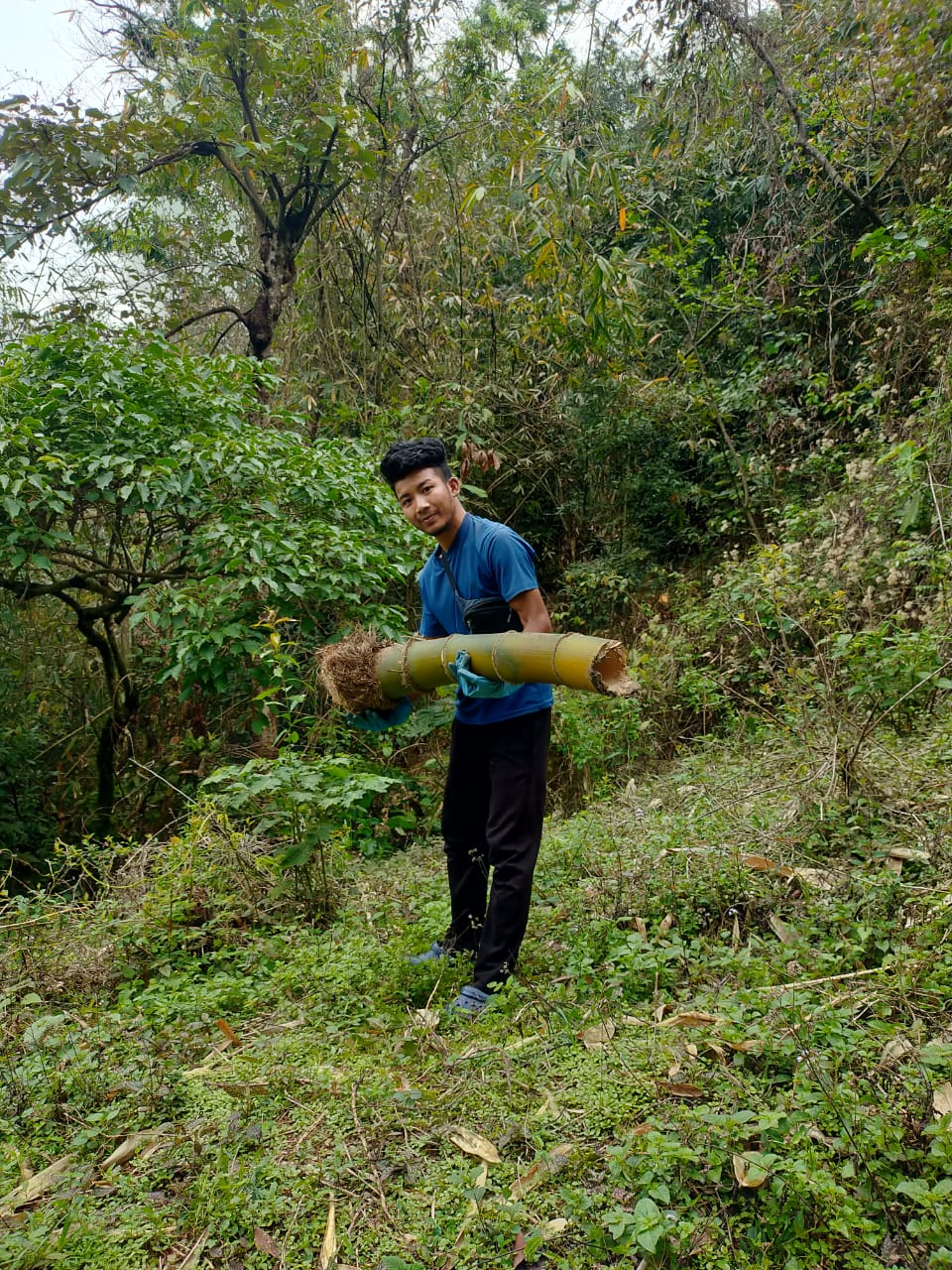
The school consists of four youth members — Benibirth B Marak, Serifer B Marak, Penam B Marak, and Edrillian B Marak. Proceeding to the guidance and advice of Chenxiang, Benibirth had led his team to exhibit their products at a competition held by the Meghalaya Institute of Entrepreneurship (MIE) Chief Minister E-Champ. They competed in the competition in October 2019 where they won the 1st of 25 positions in the competition. Upon their win, they had received a sum of Rs. 1,00,000/- as a reward which they used the money to invest for various purposes for the benefit of the school.
Tengrak B Marak, a member of the school, said, “We the members of the Organic Bamboo School take this as a livelihood opportunity, to conserve the endangered bamboo species and to train the interested young bamboo artisans, thereby, providing a platform for their livelihoods.”
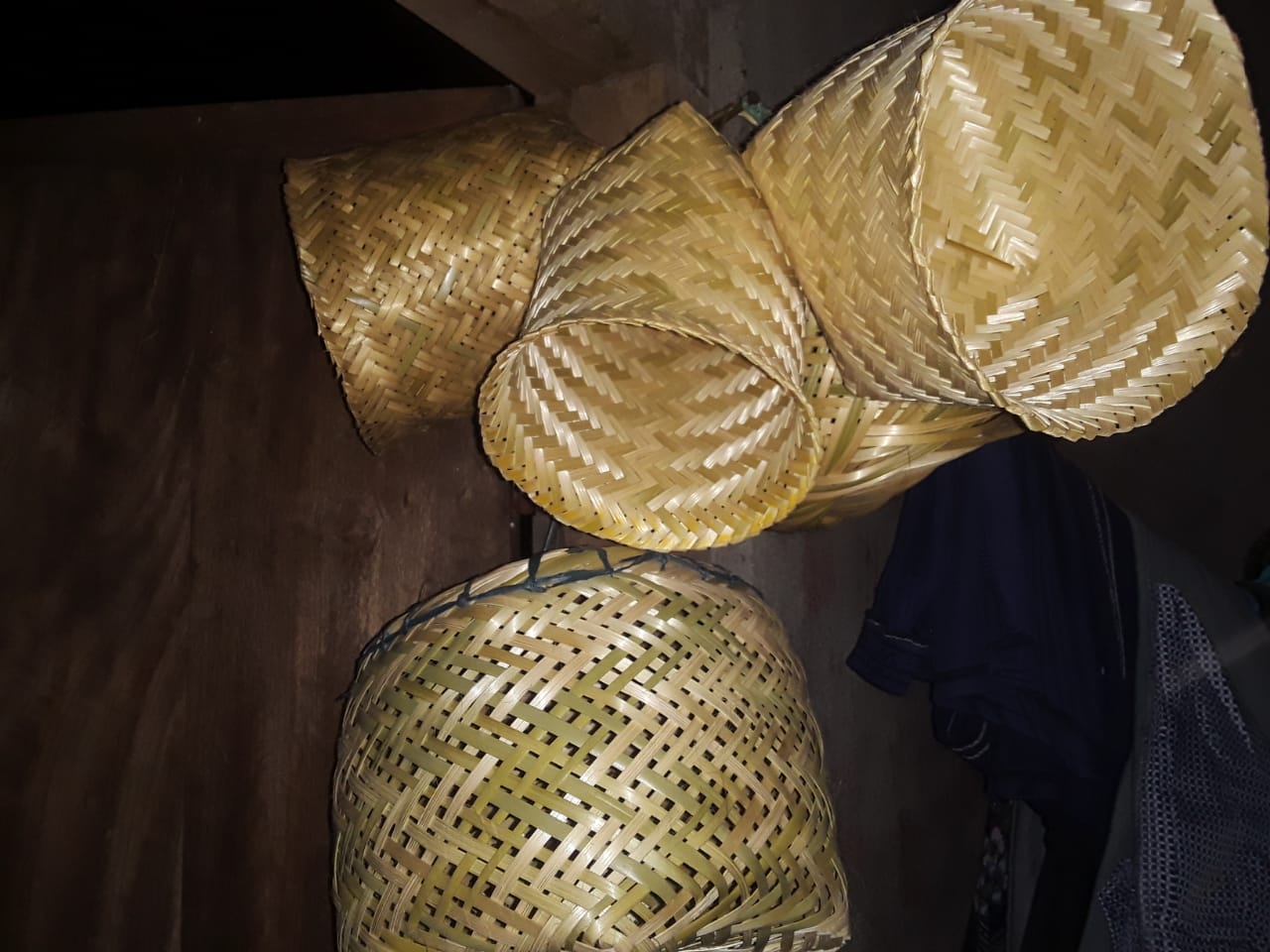
He added that the rewarded sum had been utilized to procure certain machines such as machine holder, cutting machine, glue gun, handsaw, hammer and mallets, carving tools, chisels, files and rasps, scrapers, sharpening stones, varnish and paintbrushes.
The bamboo school has started its journey in reviving old traditional bamboos which will be beneficial in its purpose to serve the community and its sustenance; these bamboos will be equipped with managing the landscape to prevent landslides during monsoon as well as a careful calculation of protecting this exploitative craft. This in turn led the team in protecting five endangered bamboos called Wa•dro, Wa•da, Wa•tre, Wa•chali, Wa•gi from commercial exploitation.
An initiative by Meghalaya’s first startup hub – Promotion of Innovation and Market-Driven Enterprises (PRIME) — financed an entrepreneurship boot camp where 100 potential entrepreneurs will receive development support and funding for one year. PRIME financed the two Organic Bamboo School’s three-day boot camp held on February 27, 2020 and July 14, 2020 respectively. This helped guide entrepreneurs to extend and understand business milestones.
Penam B Marak and Serifer B Marak, members of the school, who had participated in boot camps said the second boot camp had a line-up of activities that involved members to participate in three sessions where they were taught how to start and manage the business.
On the other hand, the Organic Bamboo School face several problems concerning the trading and marketing of their items. The pandemic had disrupted their wishes in gaining a proper landmark to promote their items which could aid them in their accessibility and having an interpersonal relationship with their customers. Customers demand the option of Cash on Delivery (COD) but due to the unsuitable facilities of transport owing to the poor road conditions of Darechikgre and the lack of proper communications, the bamboo school cannot meet the expectations of their clients.
The school has plans of constructing a schoolhouse that is made of bamboo, wood, and other raw materials available in the village. The school house is being built to facilitate their day to day work and to manufacture their handicrafts. The schoolhouse will also be a place for imparting education and to provide training in different skills. They have also decided to manufacture more bamboo cups with a variety of designs, bamboo bowls, and bottles.
Before the pandamenic, members of the Organic Bamboo School also participated in the monthly Aman A•Song Farmer’s Market held in March 2020 where they displayed their products. The items displayed consist of a variety of traditional crafts such as a drum locally known as “Dama”, traditional stringed instrument locally known as “Chigring”, flutes locally known as “Bangsi”, bamboo mugs, cup sets, glasses, and different sized bamboo baskets. The school had performed well by selling around 100 flutes which contributed to a good sales record and was followed by positives feedbacks along with orders from the customers. Senggam A Sangma, a customer who visited the stall, said, “Compared to the flutes manufactured and sold on online stores like Flipkart, the flutes manufactured by the Organic Bamboo School are of better quality.”

